|
EU
BLUE GROWTH AGENDA 2030
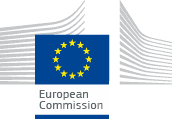

ABOUT -
CONTACTS - FOUNDATION -
HOME - A-Z INDEX
BRUSSELS
10 NOVEMBER 2016 -
European Commission - Press release
International ocean governance: EU's contribution for safe, secure, clean and sustainably managed oceans.
The global ocean economy is estimated at €1.3 trillion. Climate change, poverty and food security are some of the global challenges that can be effectively addressed, if oceans are better protected and sustainably managed.
The Commission and the High Representative for Foreign Affairs and Security Policy adopted a Joint Communication today, proposing actions for safe, secure, clean and sustainably managed oceans. As a strong global actor, the European Union sets out an agenda for better ocean governance based on a cross-sectoral, rules-based international approach.
Federica Mogherini, High Representative of the Union for Foreign Affairs and Security Policy/Vice-President of the European Commission, said: "With this Joint Communication, we confirm our engagement to be at the frontline in the implementation of the United Nations' 2030 Agenda for Sustainable Development, for the benefit of EU citizens and the whole world. Our oceans are threatened by crime, piracy and armed robbery. Attempts to assert territorial or maritime claims are affecting regional stability and the global economy. We need to use all the tools we have to shape ocean governance and make it more part of the European Union's external action. This is also a concrete example of how the EU Global Strategy for foreign and security policy delivers in practice".
Jyrki Katainen, Vice-President responsible for Jobs, Growth and Investment noted: "The oceans offer great potential for boosting growth, jobs and innovation, while at the same time they are at the centre of some of the most pressing global challenges, such as climate change, marine litter and growing global population. This communication takes forward the EU´s strong role as a champion for sustainable development, a global actor in the ocean governance framework and a user of ocean resources."
Karmenu Vella, Commissioner for Environment, Maritime Affairs and Fisheries said: "Oceans make up 70% of the planet. The world has come to realise that oceans need better care. Only strong international cooperation can do that. The EU is taking the lead to create a stronger system of ocean governance around the globe. We are announcing an agenda for improving the way oceans are managed, reducing human pressure on our oceans, and investing in science. This will ensure that marine resources are used sustainably, for healthy marine eco-systems and a thriving ocean economy".
Today's proposal sets out 14 sets of actions in 3 priority areas: 1) Improving the international ocean governance framework; 2) Reducing human pressure on the oceans and creating the conditions for a sustainable blue economy3) Strengthening international ocean research and data.
1. Improving international ocean governance framework:
Existing ocean rules need to be further developed and better enforced, for example to address areas beyond national jurisdiction or implement internationally agreed Sustainable Development Goals, such as creating the 10% target for Marine Protected Areas by 2020. The EU will cooperate with international partners to ensure implementation and will host in October 2017 the "Our Oceans" conference to build on these commitments. By 2018 the Commission will also produce guidance on the exploration and exploitation of natural resources in areas under national jurisdiction.
On the basis of its Maritime Security Strategy, the European Union will work with partner countries to reduce maritime security threats and risks, such as piracy, trafficking in human beings, arms and narcotics, while taking full advantage of the capacity of the new European Border and Coastguard Agency, the EU Maritime Safety Agency (EMSA) and Fisheries Control Agency (EFCA). Moreover,the EU is strongly engaged with its Common Security and Defence Policy missions and operations in the Mediterranean Sea and the Indian Ocean. EUNAVFOR Atalanta is active in countering piracy in front of the coast of Somalia, while EUNAVFOR Med Operation Sophia is working towards disrupting smugglers and traffickers' networks and has saved more than 28.000 lives up to date in the Southern Central Mediterranean.
2. Reducing human pressure on the oceans and creating the conditions for a sustainable blue economy:
With the Paris Agreement having entered into force, the Commission will work to strengthen ocean-related action to implement national and international commitments, starting at Oceans Day at COP22 in Marrakech on 12 November 2016. As oceans absorb 25% of CO2 generated, they are important climate regulators. If no action is taken to limit ocean warming and acidification, oceans risk deregulating the climate.
Combatting illegal, unregulated and unreported fishing (IUU) is a priority for the EU. At least 15% of catches worldwide, worth €8-19 billion a year, are illegal. As a leader in the fight against IUU fishing, the EU will promote multilateral action and strengthen the role of Interpol in fighting IUU fishing. The Commission will launch a pilot project to monitor illegal fishing worldwide using satellite communications.
Marine litter is another major threat to oceans. Under the "Circular Economy Action Plan", the EU will propose by 2017 a strategy on plastics, which will contribute to reducing marine litter by at least 30% by 2020.
The Commission will work towards international guidelines on Maritime Spatial Planning by 2025 and help expand Marine Protected Areas worldwide with funding under Horizon 2020 and LIFE programmes.
3. Strengthening international ocean research and data:
An estimated 90% of the oceans' seabed remains unchartered. Less than 3% is used for economic activity. More understanding and sound scientific knowledge is essential to sustainably manage ocean resources and reduce human pressure. The EU's Blue Data Network, the European Marine Observation and Data Network, provides data from over 100 marine research bodies and is accessible to all. The Commission will propose how to develop this database into a worldwide marine data network.
The proposed actions will now be discussed with the EU Member States in the Council and the European Parliament.
BACKGROUND
Today's initiative is an integral part of the EU's response to the United Nations' 2030 Agenda for Sustainable Development, in particular Sustainable Development Goal 14 ‘to conserve and sustainably use the oceans, seas and marine resources'. It is based on the political mandate given to Commissioner Vella by President Juncker ‘to engage in shaping international ocean governance in the UN, in other multilateral fora and bilaterally with key global partners'.
The EU's role in promoting safety and security, global maritime growth and global governance through bilateral, regional and multilateral partnerships is underpinned by the EU Global Strategy on Foreign and Security Policy. The Global Strategy, presented by High Representative/Vice President Federica Mogherini in June 2016, calls for more joined-up internal and external policies. Today's Joint Communication aims at linking internal and external security dimensions of good ocean governance. It takes account of existing strategies notably the EU Maritime Security Strategy and regional strategies such as the Gulf of Guinea and the Indian Ocean, including the integrated arctic policy. These efforts are aimed at resulting in better shared international responsibility for our oceans.
H2020
14 NOV 2017
The Research Executive Agency (REA), the Directorate-General for Research and Innovation (DG RTD) and the Directorate-General for Agriculture and Rural Development (DG AGRI) of the European Commission are co-organising an Info Week on Horizon 2020 Societal Challenge 2 (SC2) ‘Food
security, sustainable agriculture and forestry, marine and maritime and inland water research and the bioeconomy’.
The usual SC2 Info Day on the new SC2 Work Programme for 2018-2020 and a related brokerage day will be complemented by two high level dissemination and policy events and a bioeconomy village highlighting SC2 projects and initiatives.
The event will take place in Brussels on 14-17 November 2017 and will be organised as follows:
H2020 SC2 Info day – 14 November
The event targets potential applicants to the calls for proposals under the H2020 SC2 ‘Food security, sustainable agriculture and forestry, marine and maritime and inland water research and the bioeconomy’. The Work Programme for 2018-2020 and the new funding opportunities under SC2 2018 calls for proposals will be presented in the morning, whereas in-depth info sessions on various calls under the Work Programme will be held in the afternoon.
H2020 SC2 Brokerage event – 15 November
Following the Info Day, a corresponding brokerage event will be organised by the EU-funded BioHorizon project. The purpose of the event is to support potential applicants in finding potential partners for future applications under the upcoming SC2 calls for proposals.
H2020 Bioeconomy day – 16 November
The Commission will present its review of the European Bioeconomy Strategy and Action Plan, documented as a Staff Working Document, and discuss its findings with stakeholders and policy makers. Furthermore, the European Bioeconomy Stakeholders Panel will present and discuss its Bioeconomy Manifesto, setting out a societal agenda for bioeconomy development. These discussions will reflect both on the experiences gained over the past four years with Bioeconomy Strategy and Action Plan, and on the possible need for new actions.
H2020 Digitisation day – 17 November
The Digitisation day aims at gathering representatives of the farming and agri-food sectors, digital technology providers, as well as scientists and national and regional policy makers to discuss and exchange views on different EU policy initiatives on digitisation of farming and food sectors and of research and innovation activities contributing to these areas.
H2020 Blue Growth - A parallel session will highlight achievements and projects in marine and maritime research for Blue Growth.
Bio-National Contact Points will be invited to meet ahead of the InfoWeek on 13 November 2017.
OCT
2012 - NEW MARITIME AGENDA FOR GROWTH AND JOBS ADOPTED
A European agenda for creating growth and jobs in the marine and maritime sectors was adopted today by European Ministers for maritime policy and the
European
Commission, represented by President Jose Manuel Barroso and Commissioner Maria Damanaki at a conference in Limassol organised by the Cypriot Presidency. Five years after the launch of the EU Integrated Maritime Policy, the Member States and the Commission reaffirmed that a dynamic and coordinated approach to maritime affairs enhances the development of the EU's 'Blue Economy' while ensuring the health of seas and oceans.
The declaration proposes a marine and maritime agenda to back the Europe 2020 strategy. As highlighted in the Commission's recent Blue Growth initiative on opportunities for marine and maritime sustainable growth (IP/12/955), the agenda focuses on promising maritime sectors where there is a great potential for new jobs and growth. These sectors are: marine renewable energy, aquaculture, blue biotechnology, coastal tourism and sea bed mining.
Ministers also called on Member States and European Institutions to put in place the right conditions for the Blue Economy to deliver: support for research and marine knowledge, maritime training, cost-efficient cooperation on maritime surveillance, improved planning of maritime space and the further implementation of the Marine strategy Framework directive.
Jose Manuel Barroso, President of the European Commission, stated: "seas and oceans can play a decisive role in Europe's economic recovery. Today's Declaration sends the clear message that we need to embrace the potential of Europe's Blue Economy".
Commissioner Maria Damanaki, responsible for Maritime Affairs and Fisheries, stressed that "to make a reality of the growth trends and opportunities in the maritime economy, we need the input of all – institutions, Member States and regions, industry, SMEs and civil society. Being able to work together to get the best results is a sign of maturity; and maritime policy is the ideal vehicle to boost the Blue Economy in Europe."
BACKGROUND
Why does the EU need a Maritime agenda for growth and jobs? Why now?
The blue economy is important for Europe. Its gross value added is estimated at around €500 billion, increasing to around €600 billion in 2020. Over the same period, people employed in the blue economy are expected to increase from 5.4 million to 7 million. Added to this is the fact that 75% of Europe's external trade and 37% of intra-European trade is seaborne. Europe's oceans, seas and coasts are, and will continue to be, Europe's economic lifeline.
Europe needs to take all available opportunities to provide sustainable growth and jobs to work itself out of the current financial and economic crisis. The sea offers a number of opportunities. The EU has a number of instruments at its disposal that can add value to what Member States and industry is already doing.
HOW WERE THE FIVE TARGETED MARITIME SECTORS SELECTED?
The European Commission has built a comprehensive picture of the economic size and employment of marine and maritime sectors in Europe, and has also looked at where these sectors could realistically be heading in the coming years and where there is a particular potential for innovation and new jobs.
It's findings show that coastal and maritime tourism is the biggest maritime sector in terms of gross value added and employment and is expected to grow by 2 to 3% by 2020, while cruise tourism is expected to create 100,000 new jobs by 2020 compared to 2010. As the worldwide ocean energy installed capacity is expected to double yearly in the near future, the
commercialization of wave and tidal technologies will be enhanced through a reduction in technology costs. According to estimates, the global annual turnover of marine mineral mining is expected to grow from virtually nothing to €5
billion in the next 10 years and up to €10 billion by 2030. EU aquaculture could contribute to a healthy diet if the growth rate outside the EU could be matched. In the next decade or so, the blue biotechnology sector should become a provider of mass product markets, including
cosmetics, food products, pharmaceutics, chemicals and biofuels.
WHAT'S THE NEXT STEP?
Following the adoption of the Limassol Declaration, a set of Commission initiatives will be launched in the near future to explore and develop the growth potential in the identified areas, including Communications on coastal and maritime tourism, ocean energy, blue biotechnology and marine mineral mining, as well as strategic guidelines on aquaculture. All initiatives will be undertaken in consultation with Member states and relevant stakeholders.
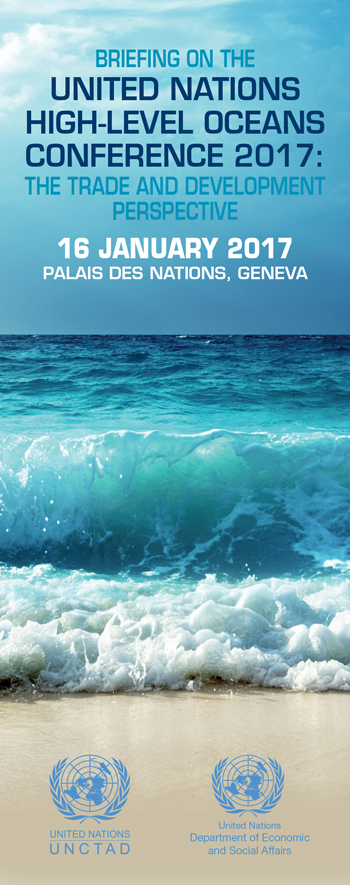
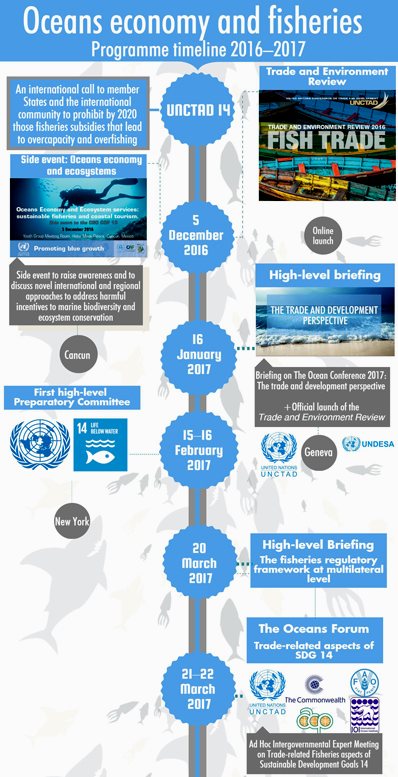
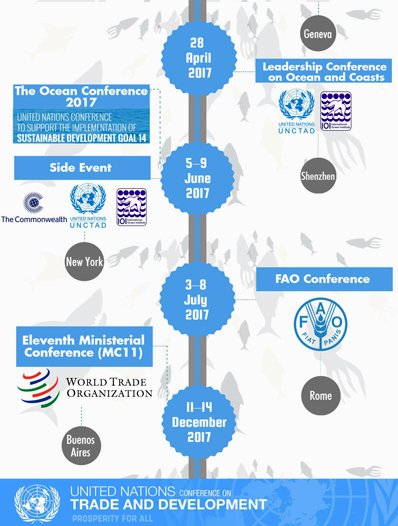
BRIEFING
JAN 2017: The 2030 Agenda for Sustainable Development, had 17 Sustainable Development Goals. Among them, SDG 14, the “Oceans goal”, aims to “Conserve and sustainably use the oceans, seas and marine resources for sustainable development”. It includes 10 targets relating to marine pollution, protecting marine and coastal ecosystems, minimizing ocean acidification, sustainable management of fisheries and ending harmful fisheries subsidies, conserving costal and marine areas, increasing the economic benefits to SIDs and LDCs, and means of implementation.
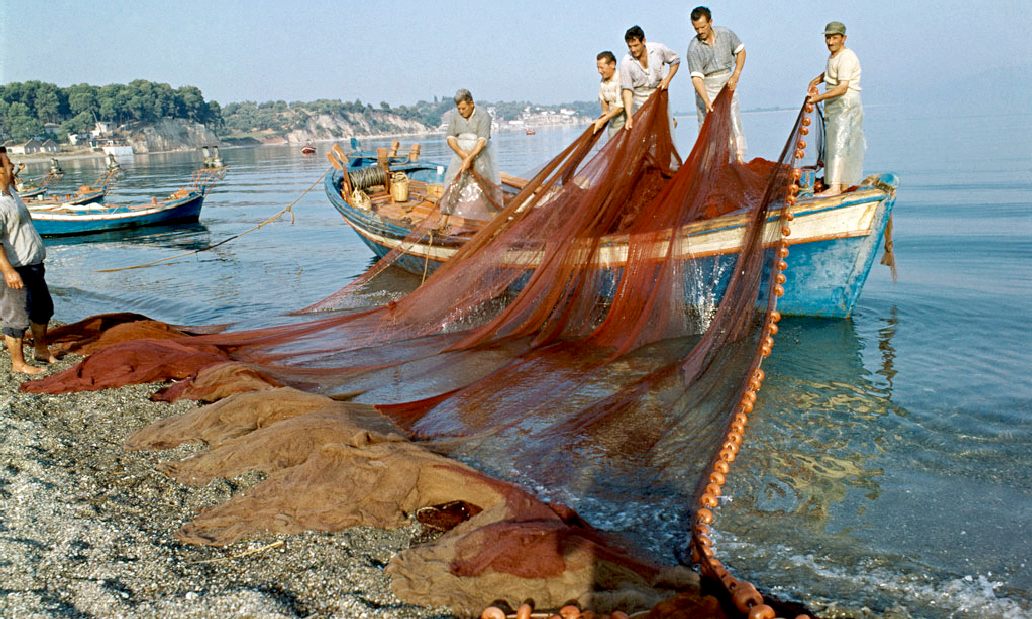
TRADITIONAL:
UN picture of fishermen in Evia, Greece fishing using nets
from small boats as they have for hundreds of years.

FOOD
2030 - At the 2015 Milan World Expo Commissioner for Research and Innovation, Carlos Moedas, announced his intention to launch a Food Research Area by World Food Day 2016, presenting a single thematic Research and Innovation narrative built on a number of key Food and Nutrition Security priorities:
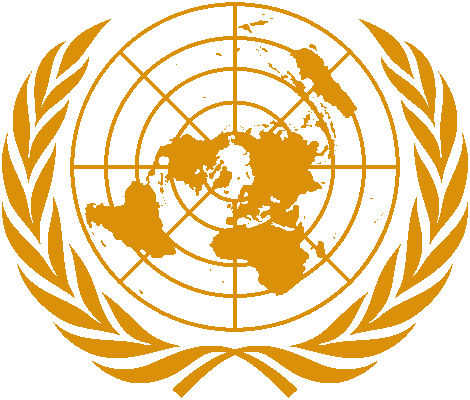
LINKS
& REFERENCE
h
https://ec.europa.eu/programmes/horizon2020/en/news/horizon-2020-societal-challenge-2-infoweek-including-high-level-policy-events
http://europa.eu/rapid/press-release_IP-16-3619_en.htm
https://oceanconference.un.org/
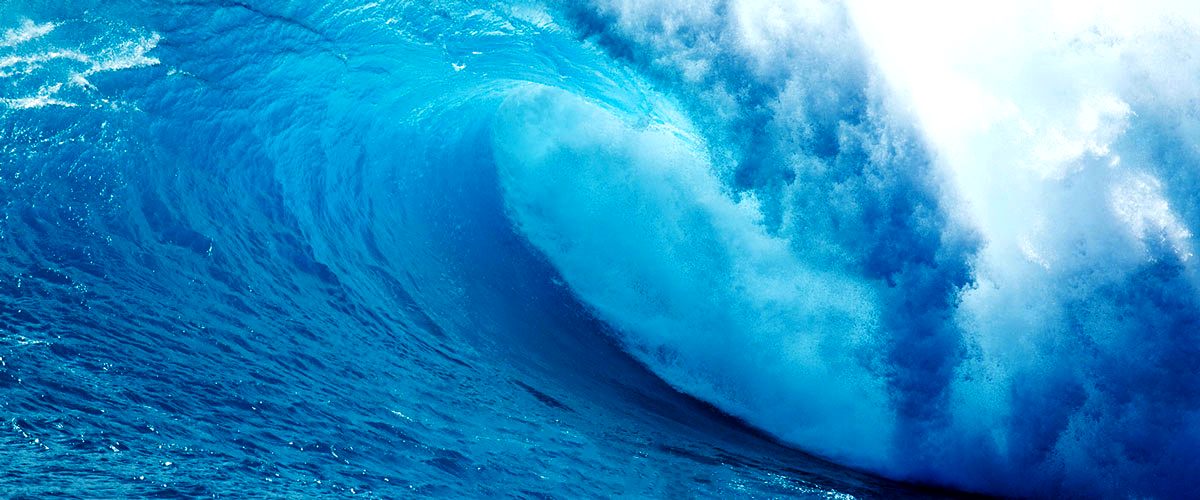
This
website is provided on a free basis as a public information
service. copyright © Cleaner
Oceans Foundation Ltd (COFL) (Company No: 4674774)
2017. Solar
Studios, BN271RF, United Kingdom.
COFL
is a charity without share capital. The names AmphiMax™,
RiverVax™
and SeaVax™
are trade names used under license by COF in connection with their 'Feed
The World' ocean cleaning sustainability campaign.
|








